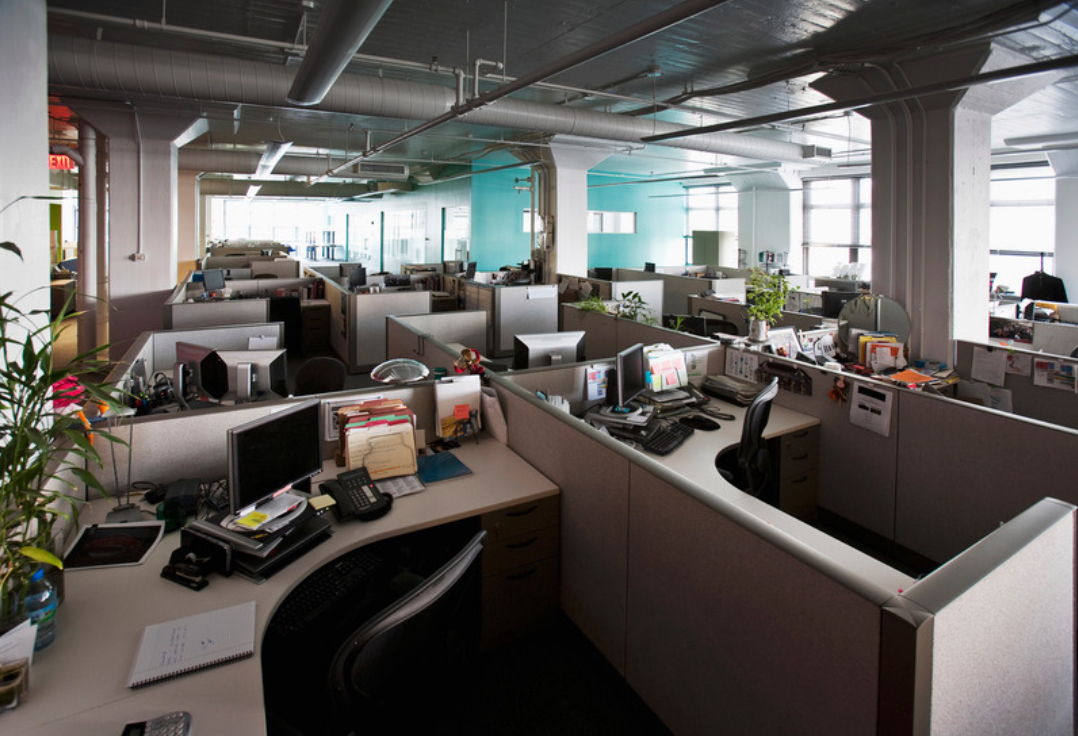The American Dream is long expired. Hustle culture is quickly burning out America’s corporate base of workers, leaving them overworked and devoid of connectivity. The fast-paced nature of American hustle culture has led many to believe that rest is a luxury they can’t afford. This relentless pursuit of success has enamored American workers, motivating many to climb the corporate ladder, expecting success at the top. But for some, the top seems to permanently remain out of reach.
The hope for success strains workers to the point of desperation, prompting many to sacrifice time with family, relationships and even sleep just to get ahead. Former Yahoo CEO Marissa Meyer controversially explained how she often worked as many as 130 hours a week, saying it was possible “if you’re strategic about when you sleep, when you shower, and how often you go to the bathroom.”
But when is it too much?
U.S. Surgeon General Dr. Vivek Murthy has declared the U.S. to be in an epidemic of loneliness. In a society that values productivity and achievement, the toll of loneliness is often underestimated. American culture prioritizes hard work and expects people to make sacrifices for success, but fails to prioritize connection and community. Even beyond work life, Americans lack infrastructure that supports human contact and relationships.
From the beginning of a young American’s life in the education system to the workplace, loneliness plagues every step of the way. College sophomore Sophia Heim commented on how the isolating culture of education leads into the workforce. “In college, you live alone, you walk to class alone and you eat alone. It is hard to coordinate with friends to do anything because there is no public transportation anywhere,” she said. “And then you get a job, and you realize that it is always going to be this way. Coworkers are cordial, but it ends there. I don’t think I’ve made real, meaningful connections at work.”
Loneliness is a pervasive issue in American society and affects people from all walks of life. Despite technology’s ability to foster connectivity across the globe, hustle culture has created a sense of isolation and loneliness right at home. The relentless focus on individual success often leaves little time for nurturing genuine relationships, leading to a paradox where people are digitally more connected than ever, yet suffer from a lack of meaningful, in-person connections.
And a solution, Murthy believes, must come from a cultural paradigm shift in the norms of work and life. “Advancing this culture [of connection] requires individuals and leaders to seek opportunities to do so in public and private dialogue, schools, workplaces, and in the forces that shape our society like media and entertainment, among others,” he stated in the 2023 Surgeon General’s Advisory.
Murthy also emphasized the responsibility of companies to ensure that there is an interconnected and healthy culture in the workplace. “[Companies must] put in place policies that protect workers’ ability to nurture their relationships outside work including respecting boundaries between work and non-work time, supporting caregiving responsibilities, and creating a culture of norms and practices that support these policies.”
But this culture shift is not the responsibility of companies alone; the government, according to Murthy, is obligated to enact policies that foster a healthy work environment as well. This includes paid parental leave and public transportation.
What Murthy calls a “Connection-in-All-Policies” approach obliges all forms of government to work towards mitigating the effects of loneliness. “Examples of pro-connection policies include paid leave, which enables individuals to spend time with family during critical early life stages, and increased access to public transit, which allows individuals to physically connect more easily,” the advisory explained.
The effects of loneliness go beyond that of a mental toll: the Surgeon General’s advisory compared the health effects of loneliness to that of smoking 15 cigarettes a day. Loneliness is at blame for increased rates of heart disease, strokes and dementia in the United States, among other increasingly common ailments. “It’s hard to put a price tag, if you will, on the amount of human suffering that people are experiencing right now,” Murthy said in an interview with All Things Considered.
The effects of loneliness on Americans are beyond quantification and Murthy believes that systemic changes are not only necessary, but imminently needed. “We [must] look for ways to help others. Service is one of the most powerful antidotes to loneliness that we have. And I feel confident that we can overcome this challenge with loneliness and build the kind of connected lives that we all want.”









